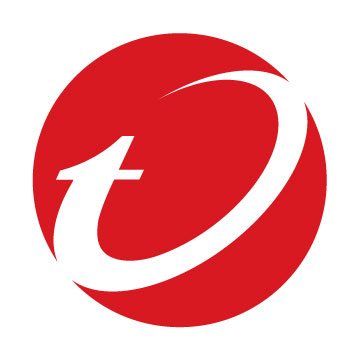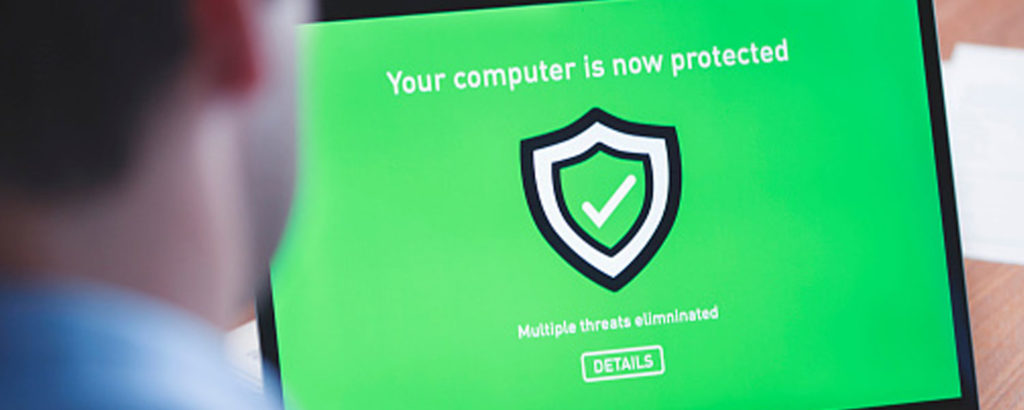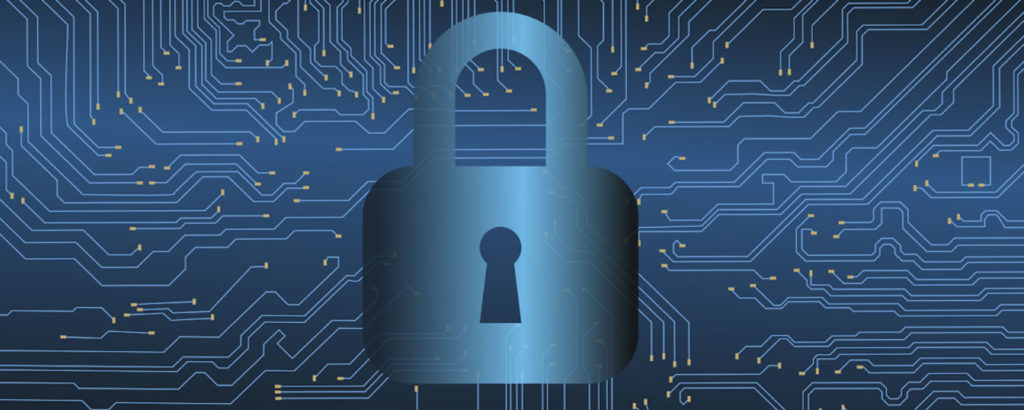
As a Mac user, you may have come across mixed messages about Mac’s immunity to viruses and other cyberattacks. In 2006, Apple’s commercials claimed that Macs don’t get viruses. However, is that true, or are these simply empty promises in a bid to sell more?
Owing to their innovative design, Macs are more secure than Windows PCs. Unfortunately, this doesn’t make Macbooks immune to malware and other computer viruses. You must take precautions to protect your Apple device.
In this article, you’ll learn the reasons Macbooks aren’t as immune to viruses as you think they are. Additionally, our information will help you not only identify if your Mac is infected or hacked, but also choose the best protective measures and solutions for you. We will also share our favorite tools that you can set up quickly and easily to strengthen your Apple device’s security against malware and viruses.
First, though, you should know the kind of online threats that exist and can affect your Macbook.
What Are The Online Threats That Can Affect Macbooks?
Compared to Windows, Macbooks are less prone to virus attacks; however, this is partially due to Apple’s smaller presence in the desktop market. As a result, not many malware programs targeted Macs.
Now, that is no longer the case. Cybercriminals have managed to develop malware that specifically targets Macbooks. According to the 2021 Consumer Threat Landscape Report, Macs face four prominent threats: Trojans, Potentially Unwanted Applications (PUAs), adware, and coin miners.
Besides these threats, Macbooks are also potentially subject to platform-agnostic threats such as social engineering attacks, phishing, whaling, and more. Sounds scary? Read on to see how you can quickly and easily protect your Mac from these threats.
Protecting Your Mac Against Malware: Tips and Tools
First things first. To protect your Mac against Mac malware, avoid clicking on unknown or unverified links. Be extra cautious when opening and responding to suspicious emails from senders not in your contact list. And remember, if something sounds too good to be true, it’s probably spam. When emailing sensitive information to someone, double-check their email address through other means of contact before pressing ‘send’.
Changing your Mac settings to allow software installation only from the App Store will also help prevent viruses from entering your Macbook.
To do this:
- Click on System Preferences
- Go to Security & Privacy
- Go to General
- Click the unlock the preference pane link at the bottom
- Change the source of software to App Store
Besides inculcating these long-term habits, consider using one of the five verified, tried, and tested third-party tools mentioned below to add an extra layer of protection to your Macbook.
1. GFI KerioControl

GFI KerioControl protects your Macbook from viruses, malware, and ransomware. The software comes with many advanced system-protecting features, including Intrusion Prevention Systems (IPS), gateway antivirus, web content filtering, deep packet inspection, and more. KerioControl’s flexible deployment and affordable pricing make it ideal for individuals, and small, and medium businesses.
Overall, KerioControl provides unified threat management for Macbooks without the associated high costs and complexities of use.
2. TrendMicro

TrendMicro Antivirus for Mac strengthens your Mac devices against viruses, malware, ransomware, and other spyware. With just a few clicks on its highly intuitive user interface, you can protect your Macbook from cyberattacks.
Furthermore, easy-to-understand and accessible reports provide a clear picture of the state of your Macbook’s security. TrendMicro Antivirus for Mac works best on devices running macOS 10.14 to 10.15 and macOS11 Big Sur.
3. Clario

Clario Antivirus, with its advanced ad blocking, virus scan, and identity protection features, provides your Macbook with real-time protection against malware and other threats. It also detects existing viruses and malware in your Mac and removes them automatically. Even better, Clario’s interface is simple, intuitive, and suits users with even the lowest technical knowledge levels.
4. Webroot

Webroot SecureAnywhere is a reliable antivirus software for Macbooks. Its real-time anti-phishing capabilities protect your Apple device from spam emails and phony messages. Their identity threat protection feature secures your sensitive information such as account numbers and passwords. It typically takes about 20 seconds for the software to scan your device and doesn’t slow it down.
5. Intego

Intego Internet Security provides protection for your Macbook against all types of malware. The real-time antivirus and automatic scans give round-the-clock protection to keep your Apple device safe from the latest kinds of cyber threats. Additionally, the simple and unobtrusive interface is compatible with Apple’s other products, including the iPhone and iPad.
All the tools mentioned above, apart from minor variations, offer concrete, multi-layered protection for your Mac device. Make sure you choose the tool that best fits your needs, Mac device, and OS.
Final Words
Macbooks are more secure than Windows PCs, but not 100% immune to viruses. You can protect your Mac with a wide range of security strategies, including using spam filters, avoiding clicking suspicious links, and keeping your contact list updated. A good way to get overall protection is through third-party tools like GFI ClerioControl, TrendMicro, Clario, Webroot, and Intego.
Do you have more questions about how to protect your Mac? Check out the FAQ and Resources sections below!
FAQ
Do Macs have an antivirus of their own?
Yes, Macbooks come with built-in antivirus software to block and remove malware. However, this antivirus may not always be enough, as some viruses and malware can circumvent this layer of security. Loopholes that appear with advancing cyber threats are precisely why you need additional protection from third-party tools like Intego, GFI KerioControl, Webroot, Clario, and more!
What are the signs that my Mac is hacked?
Your device may be hacked if it’s slow, the web connection is patchy, displays dodgy ads, or you are experiencing strange activity on your Activity Monitor. Check the Sharing settings in your System Preferences to ensure that no information or access has been shared without your knowledge. Any unknown programs, browser changes, or anything erratic could be signs that your Mac is hacked.
Do I need to purchase antivirus software for my Mac?
Ideally, yes, you should purchase an antivirus tool to get comprehensive protection from advanced spyware and viruses. Most paid and verified antivirus software also develop status reports that help you ensure that nothing related to your Macbook’s security is amiss.
Are viruses common on Mac?
Viruses are not as common on Macs as on Windows PCs. Still, viruses certainly can and do affect Macs. According to Malwarebytes, Mac viruses have increased by 400% in 2019, with about 11 threats per device.
Which is safer: Windows or Mac?
Undoubtedly, Mac is safer because the built-in antivirus is more effective than on PCs. It takes more time and effort to develop viruses that can impact Macbooks when compared to Windows.
Resources
TechGenix: Article on Identifying Cyberthreats
Learn more about identifying cyber threats.
TechGenix: Article on Blocking and Removing Apple Virus Alerts
Educate yourself on blocking and removing Apple virus alerts.
TechGenix: Article on Malicious Coronavirus App
Understand the impact of a malicious coronavirus app.
TechGenix: Article on Malware Targeting Mac Devices
Find out all about malware targeting Mac devices.



